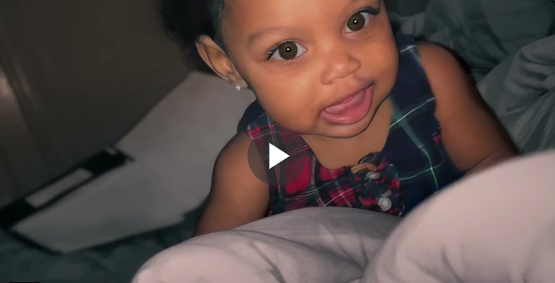Google has withdrawn its Olympics ad for the Gemini chatbot following backlash over its depiction of a young girl using artificial intelligence to write a fan letter.
Google took down this ad from the Olympics after receiving backlash. The ad depicts a father and daughter using AI to help write a fan letter to an Olympic athlete.
No matter how much clever editing and fun music they use, it just doesn’t feel good to see society turn more and… pic.twitter.com/y1GWRb0Iy1
— Joseph Carlson (@joecarlsonshow) August 2, 2024
The ad, titled “Dear Sydney,” features a father asking the AI chatbot to assist in writing a letter to his daughter’s favorite athlete, U.S. hurdler and sprinter Sydney McLaughlin-Levrone. Gemini, formerly known as Bard, was introduced by Google last year after the rising popularity of OpenAI’s ChatGPT.
In the commercial, the father prompts the chatbot with, “Gemini, help my daughter write a letter telling Sydney how inspiring she is.” The ad then briefly shows the draft created by Gemini and concludes with a scene of the girl running on a track, accompanied by the text, “A little help from Gemini.”
While the ad can still be viewed on YouTube, it has been removed from television after airing frequently during the first week of the Games.
A Google spokesperson told CNBC, “While the ad tested well before airing, given the feedback, we have decided to phase the ad out of our Olympics rotation.”
Despite the controversy, Google maintains that the Gemini app can provide a useful starting point for writing ideas. “We believe that AI can be a great tool for enhancing human creativity, but can never replace it,” the statement read. “Our goal was to create an authentic story celebrating Team USA.”
Initially, Google defended the ad, but criticism mounted as people accused the company of promoting automation over authenticity, especially for children.
Google’s #Olympics ad for its AI chatbox is getting backlash… pic.twitter.com/lSBE4RdLti
— Brut America (@brutamerica) August 2, 2024
Shelly Palmer, a professor of advanced media at Syracuse University’s S.I. Newhouse School of Public Communications, expressed strong disapproval in a widely read blog post. “I flatly reject the future that Google is advertising,” Palmer wrote, arguing that the technology fosters a “monocultural future where we see fewer and fewer examples of original human thoughts.”
Google is not alone in facing criticism for ads suggesting AI could replace creative tasks. Apple also faced backlash for a recent commercial showing a hydraulic press crushing musical instruments and paint cans to reveal its new iPad Pro. The company ultimately apologized and pulled the ad from television.
OpenAI’s technology chief, Mira Murati, recently acknowledged that while AI is trained on original creative work, it will inevitably lead to the loss of some creative jobs. However, Murati argued that some of these jobs “should not have existed in the first place.” This perspective sparked further controversy, particularly in Hollywood, where actors and unions protested after Scarlett Johansson claimed OpenAI had used her voice without permission for the new ChatGPT AI voice named “Sky.”
Google pulls AI ad for Olympics following backlash$GOOG#AInvest #Ainvest_Wire #liveanalysis #source #stock
View more: https://t.co/6GEkBRTVBJ pic.twitter.com/RLVidYSydE— AInvest Wire (@Ainvest_Wire) August 2, 2024
Major Points:
- Google has pulled its “Dear Sydney” Olympics ad featuring the Gemini AI chatbot after facing backlash.
- The commercial showed a father using Gemini to help his daughter write a fan letter to athlete Sydney McLaughlin-Levrone.
- The ad was criticized for promoting AI as a replacement for genuine creativity, especially in the context of children.
- Google acknowledged the feedback and decided to remove the ad from TV, but still sees Gemini as a tool for enhancing creativity, not replacing it.
- The controversy comes amid broader criticism of AI’s role in creative fields, with other companies like Apple also facing backlash for similar issues.
James Kravitz – Reprinted with permission of Whatfinger News



